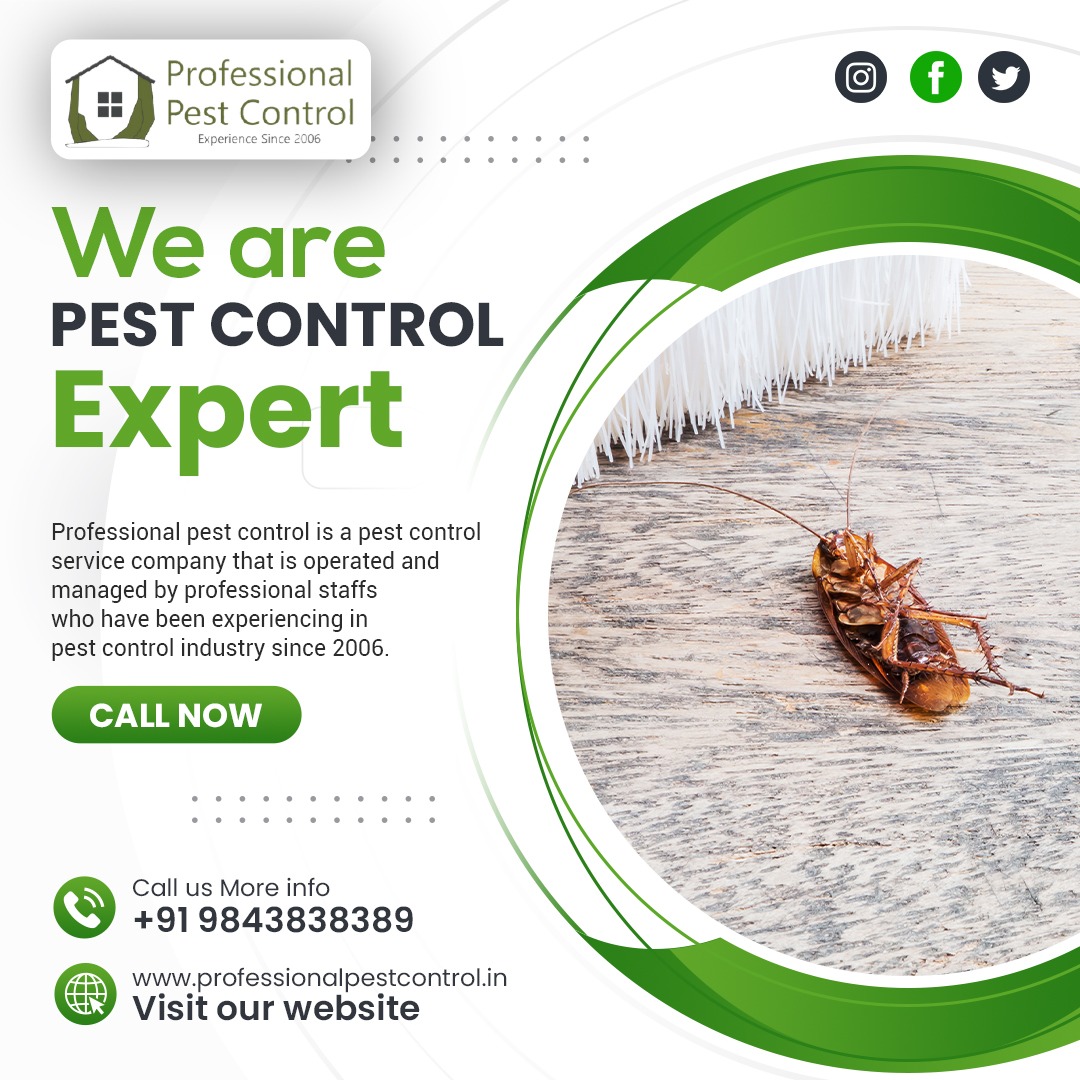Trusted Pest Control Clovis: Securing Your Property
Wiki Article
Comprehending the Various Techniques to Pest Control: A Comprehensive Overview

All-natural Parasite Control Approaches
Using environmentally friendly methods such as companion planting and biological pest control is vital for successfully handling bugs in farming settings. Buddy planting involves growing various plants in closeness to hinder bugs, improve nutrient uptake, and improve overall plant health and wellness. For instance, planting marigolds along with tomatoes can help ward off nematodes. Intercropping maize with beans can interrupt the reproduction patterns of parasites like corn borers.Organic pest control entails presenting all-natural predators or microorganisms to manage pest populaces. Ladybugs, for instance, feed on aphids, controlling their numbers without the need for chemical pesticides. Another example is the usage of Bacillus thuringiensis (Bt), a germs that targets specific insect pests while being harmless to human beings, animals, and useful bugs.
These environmentally friendly methods not just reduce the reliance on artificial pesticides but likewise aid protect biodiversity and dirt wellness. By integrating all-natural bug control approaches right into agricultural practices, farmers can accomplish lasting pest administration while reducing unfavorable effect on the atmosphere.

Chemical Insect Control Solutions
Along with all-natural pest control methods, the use of chemical parasite control solutions plays a significant duty in effectively handling pest populations in agricultural atmospheres. Chemical bug control remedies are formulated to target specific insects that might cause comprehensive damage to crops. These services commonly have artificial chemicals that are created to get rid of pests quickly and efficiently.Among the vital benefits of chemical parasite control remedies is their performance in regulating bug infestations widespread. Farmers can use these options utilizing different methods such as spraying, airing out, or seed therapy to protect their crops from harmful insects, weeds, and diseases. Additionally, chemical insect control services are fairly very easy to use and can provide quick outcomes, helping farmers secure their returns and reduce economic losses.
Nevertheless, it is important to use chemical parasite control services sensibly to decrease prospective negative effect on the environment, non-target microorganisms, and human health. Correct application techniques, adherence to safety and security guidelines, and regular surveillance are important to ensure the accountable use chemical insect control remedies in agricultural techniques.
Biological Bug Control Approaches
Biological pest control comes close to leverage all-natural killers or pathogens to take care of pest populations in farming settings efficiently. This approach provides a environment-friendly and lasting solution to pest administration, lowering the reliance on synthetic chemicals and decreasing harm to the atmosphere. One typical organic control approach is the introduction of useful content natural opponents, such as ladybugs or parasitical wasps, to target details pests. These predators eat the parasites, helping to control their populations naturally - pest control clovis.An additional organic control approach entails making use of virus like viruses, fungi, or bacteria to infect and eliminate parasites. These microbial representatives can be splashed on crops or presented right into the dirt to fight various pests without harming beneficial pests or various other wildlife. Additionally, using scents to interfere with the mating patterns of pests is another reliable organic control technique. By interfering with their recreation, this technique helps to reduce parasite populations without the need for chemical intervention. On the whole, biological insect control approaches supply a sustainable and targeted solution to pest monitoring in agriculture.
Integrated Parasite Administration (IPM)
Integrated Parasite Administration (IPM) is an extensive strategy that combines different pest control techniques to effectively handle and decrease pest populations in agricultural systems. IPM concentrates on long-lasting prevention of parasites through a combination of biological, cultural, physical, and chemical control techniques. By incorporating these various approaches, IPM intends to reduce reliance on chemical pesticides, lessen ecological impact, and promote sustainable bug monitoring practices.
One secret facet of IPM is using biological controls such as natural predators, bloodsuckers, and virus to manage parasite populations. This method takes advantage of the power of nature to keep a balance in between parasites and their all-natural adversaries without causing harm to the environment.
Furthermore, IPM includes social methods like plant hygiene, environment, and turning control to produce undesirable conditions for insects and disrupt their life cycles. Physical controls such as mulches, traps, and barriers are additionally made use of to avoid parasite problems.
Physical and mechanical Bug Control Techniques
Making use of non-chemical approaches, such as physical and mechanical insect control techniques, is a crucial facet of thorough bug administration strategies, building on the foundation of Integrated Pest Monitoring's alternative method. Mechanical pest control entails using physical barriers or catches to stop pests from accessing and harming crops or structures. This approach can include techniques like mounting screens on home windows, utilizing row covers in agriculture, or using sticky traps to capture bugs.Physical insect control methods, on the various other hand, focus on straight eliminating parasites with physical methods. As an example, making use of warm treatments to get rid of bed bugs or vacuuming up parasites like spiders or ants can be effective methods to manage invasions without making use of chemicals. By incorporating these mechanical and physical parasite control techniques right into an Integrated Pest Administration strategy, specialists and people his comment is here can minimize reliance on pesticides while still properly minimizing and handling pest populaces damages.
Conclusion

In addition to all-natural pest control techniques, the utilization of chemical parasite control options plays a significant duty in successfully managing pest populaces in agricultural settings.One of the essential benefits of chemical pest control remedies is their efficiency in regulating insect problems on a big range.Integrated Insect Monitoring (IPM) is an extensive strategy that integrates numerous insect control approaches to successfully take care of and reduce pest populaces in agricultural systems.Using non-chemical approaches, such as mechanical and physical parasite control techniques, is a critical aspect of detailed pest monitoring techniques, developing upon the structure of Integrated Insect Administration's all natural approach. By integrating these physical and mechanical pest control methods right into an Integrated Parasite Management plan, people and specialists can minimize dependence on chemicals while still effectively managing pest populations and lessening damage.
Report this wiki page